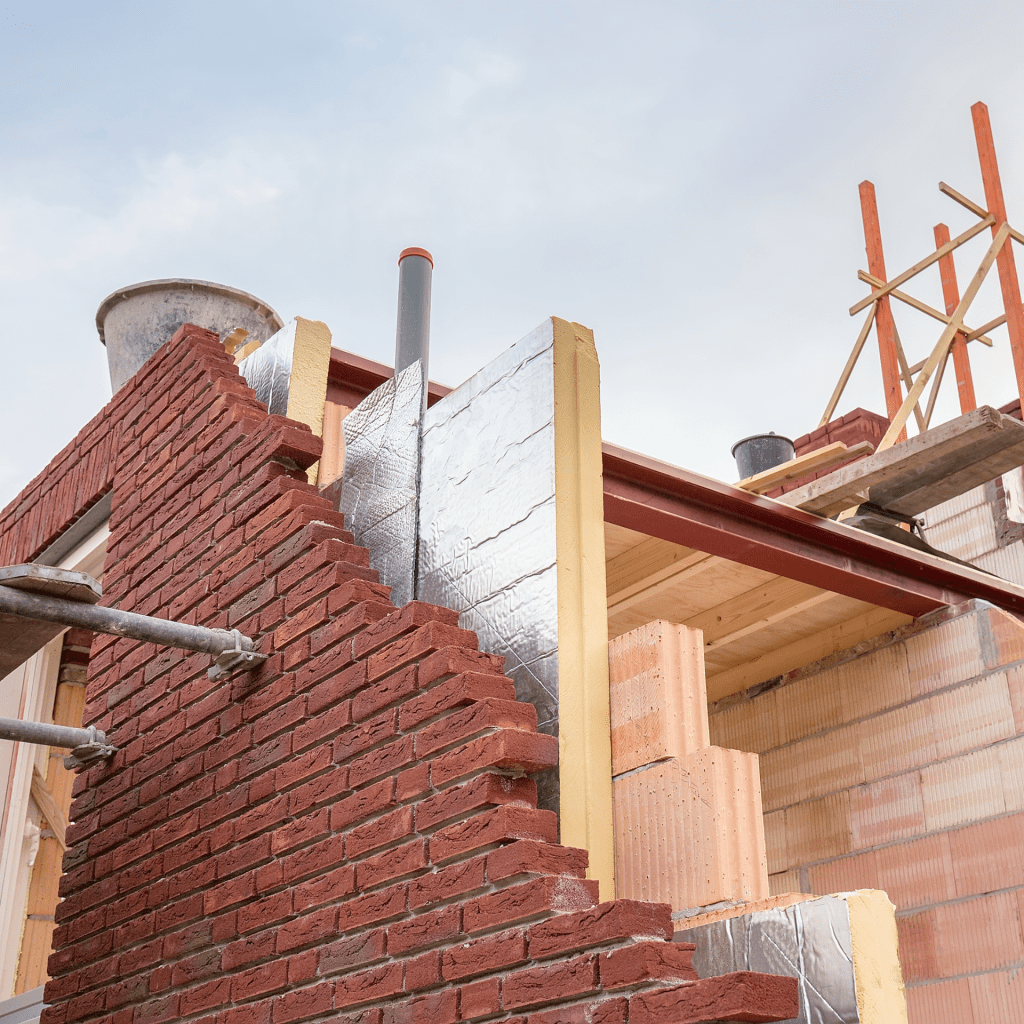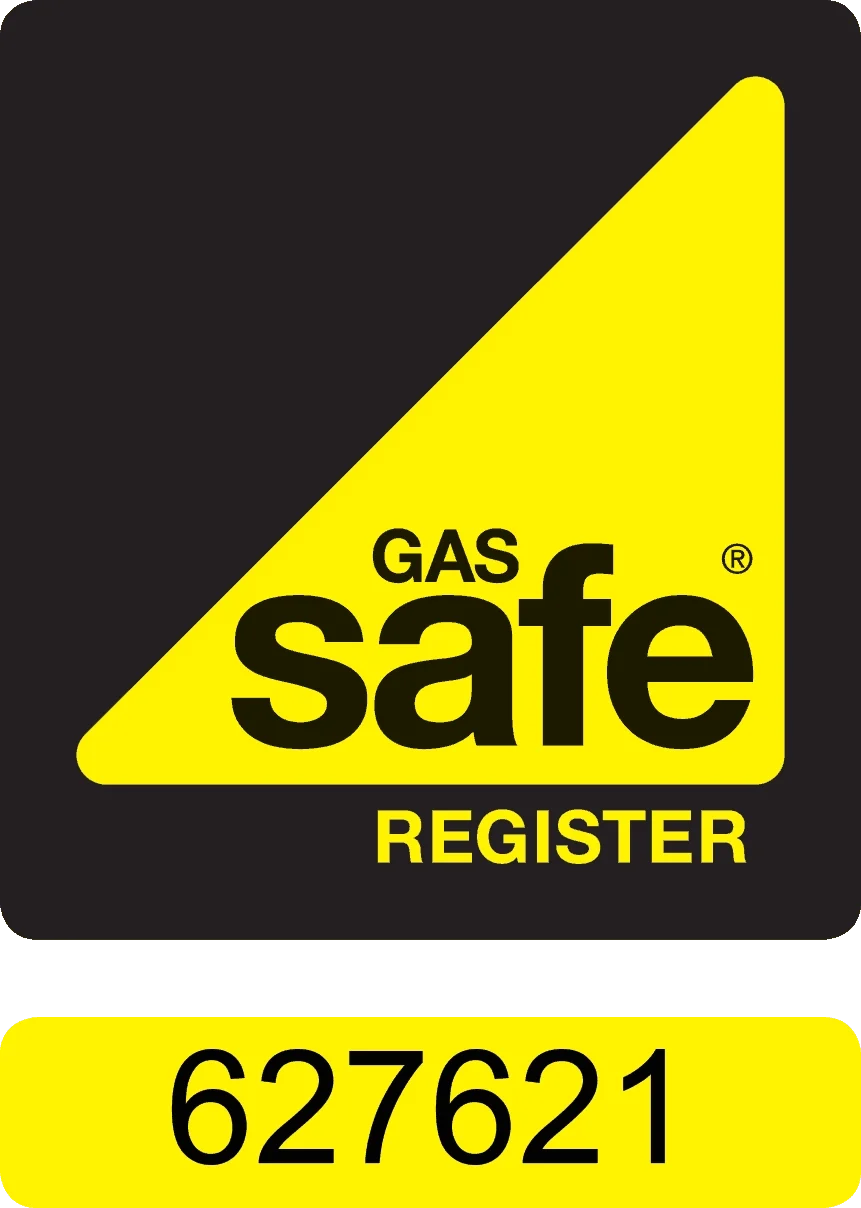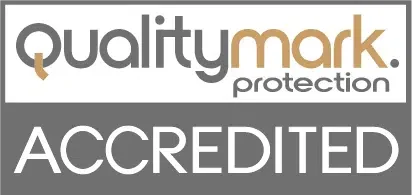Get A More Efficient Home For Less With External Wall Insulation Grants
Is your home as thermally efficient as it can be? If not, external wall insulation could be the answer to make your home more comfortable and your energy bills come down. And since government grants for external wall insulation are available, you could enjoy your home improvement for less (and in some cases, completely free).
Why Bother With External Wall Insulation?
External wall insulation (otherwise known as solid wall insulation) is a great option for homeowners who are finding that their home is unable to retain heat as effectively as you may have hoped. To help save money and enjoy a more comfortable home, external insulation is worth considering.
Here are just some of the benefits you can enjoy:


Why Trust Effective Home To Help With Solid Wall Insulation Grants?
As home improvement experts we have over 10 years experience supporting homes with a range of improvements, including external wall insulation. Over that time, we’ve developed a deep understanding of the sort of grants that are on offer to homeowners so we can support as many people as possible and enjoy home improvements that really make a difference.
To get started, fill out a quick form and we’ll be back in touch with information about the grants and schemes you might qualify for. It’s the fastest way to find out if free external wall insulation is possible with an external insulation grant.
As a team of approved installers, we’re recognised by the government as experts that are capable of carrying out work they fund through grants and schemes. Work with us, and we’ll support you in accessing the funds you’re entitled to.
Government Grants For Cavity Wall Insulation
The main cavity wall insulation grants you could qualify for are:
Great British Insulation Scheme
ECO4 Scheme
Home insulation materials
The Great British Insulation Scheme
The Great British Insulation Scheme was formerly known as the ECO+ scheme and was rebranded to better explain the home improvements on offer under the scheme. The details of the scheme are below:
Aim
The aim is to provide grant support to low income households living in energy inefficient homes that can benefit from new insulation measures to improve their Energy Performance Certificate (EPC) rating.
Funding
The scheme has been allocated £1 billion in funding from the UK government. The largest energy companies in the UK (those with more than 100,000 customers) deliver the scheme and identify those who need the most support.
Runtime
The scheme will last until March 2026.
Great British Insulation Scheme Criteria
And now for the most important part: the eligibility criteria. Under the Great British Insulation Scheme you can qualify as part of one of two groups: low income, and general.
Unsure if you qualify? Work with us today.
Low Income Group
You should qualify under the low income group if you:
- Own your own home or rent privately AND
- Have an EPC rating of E or below (when renting) or D or below (if you own your home) OR
- Someone in the household receives a means tested benefit OR
- You live in social housing with an income below £31,000 and are vulnerable to the cold conditions you’re experiencing
General Group
You’ll qualify for the general group if you:
- Own your home AND
- Live in council tax band A-E in Britain (A-D in England specifically) AND
- Have an EPC rating of D or below, or E or below in social housing
ECO4
ECO4 covers a range of eco home improvements and offers a more holistic approach, meaning you could benefit from multiple measures under ECO4 if it’s deemed necessary, including external wall insulation of course.
Aim
Much like the Great British Insulation Scheme, ECO4 offers support to vulnerable households who have low incomes and are living in energy inefficient homes.
Funding
£4 billion in support is on offer to qualifying households. Again the UK government is funding the scheme and the largest energy suppliers in the UK deliver the scheme to their most vulnerable customers.
Runtime
ECO4 will run until the end of March 2026 after taking over from ECO3 in August 2022.
Criteria
Three groups can qualify for external wall insulation grants via ECO4: a Help to Heat Group, Social Housing Group, and ECO Flex Group.
Help to Heat Group
To qualify for this group you’ll need to live in private property, have a low household income, and have a poor EPC rating of D or below. You’ll also need to receive one of the benefits below:
- Child Tax Credit
- Universal Credit
- Working Tax Credit
- Income Based Jobseeker’s Allowance
- Income Related Employment and Support Allowance
- Income Support
- Pension Credit Savings
- Pension Credit Guarantee
- Housing Benefit
You can also qualify for support if you receive Child Benefit – but your household income will also need to be taken into account here. Speak with our team for more info.
Social Housing Group
Qualifying for the Social Housing Group simply means you:
- Live in social housing that’s let below the market rate
- Have an EPC rating of D-G
ECO Flex Group
You’ll qualify here if your Local Authority determines you have additional circumstances (not covered by the other two groups) that means you could benefit from insulation support. Some examples include:
- Being vulnerable to living in cold conditions due to your age or health condition (which may relate to a disability)
- Struggling with sustained debt with mortgage repayments or energy bill arrears because of high bills and low income
There are other circumstances too, so if you’re unsure if you’ll qualify, call Effective Home today.
Benefits of home insulation in the UK
Improved energy efficiency
Better energy efficiency means less money spent each month on energy bills. Right now in the UK, there’s no denying that anything homeowners can do to reduce the amount of energy they use is a good thing.
Better energy efficiency means less money spent each month on energy bills. Right now in the UK, there’s no denying that anything homeowners can do to reduce the amount of energy they use is a good thing.
When you install home insulation with Effective Home, your house will be able to maintain a comfortable temperature throughout the entire year. That’s right: insulation makes your house cooler in summer, and warmer in winter so you can enjoy your home year round!
Reduced environmental impact
By using less energy to heat your home through proper insulation, you’ll be reducing your carbon footprint and doing your part to protect the environment. Insulating your home efficiently in the UK can significantly lower energy bills, sometimes by as much as 40%.
By using less energy to heat your home through proper insulation, you’ll be reducing your carbon footprint and doing your part to protect the environment. Insulating your home efficiently in the UK can significantly lower energy bills, sometimes by as much as 40%.
The UK government often provides grants and incentives for energy-saving measures like insulation, making it an economically smart move, too. In short, insulation contributes to a more comfortable, sustainable, and cost-effective home.
Increased comfort
With proper loft or wall insulation, you can enjoy a warmer, more comfortable home all year round. Say goodbye to cold spots and drafts, and hello to a more even and consistent temperature throughout your home.
With proper loft or wall insulation, you can enjoy a warmer, more comfortable home all year round. Say goodbye to cold spots and drafts, and hello to a more even and consistent temperature throughout your home.
The right insulation materials can provide added benefits like noise reduction, too, further enhancing the peace you feel within your home. By investing in proper wall insulation, you’re embracing both comfort and efficiency.
Increased property value
Insulating your walls can be a smart investment, especially in the UK, where energy efficiency is a sought-after feature for homes. It can increase the value of your property and make it more attractive to potential buyers. Prospective homeowners are often drawn to houses that have effective insulation, recognising the long-term savings and comfort they offer.
Insulating your walls can be a smart investment, especially in the UK, where energy efficiency is a sought-after feature for homes. It can increase the value of your property and make it more attractive to potential buyers. Prospective homeowners are often drawn to houses that have effective insulation, recognising the long-term savings and comfort they offer.
With the growing emphasis on environmental responsibility, properties with proper insulation align with the contemporary demand for eco-friendly housing. Hence, wall insulation is not merely a home improvement but an enhancement that pays dividends in the property market should you come to sell up in the future.
Noise reduction
Wall insulation can also help to reduce noise pollution from outside, making your home a quieter and more peaceful place to be, especially in busy urban areas of the UK.
Wall insulation can also help to reduce noise pollution from outside, making your home a quieter and more peaceful place to be, especially in busy urban areas of the UK.
By adding a barrier between your home’s interior and the external environment, insulation can effectively dampen the sounds of traffic, neighbours, or other loud disturbances. This soundproofing effect can contribute to a higher quality of life, providing a serene refuge from the bustling world outside.
It pays to insulate your home
Carbon footprint
Reduce your home’s carbon footprint by up to 1300kg CO2 a year
Lower energy bills
Lower your energy bills by up to £370 with cavity wall insulation
Apply today!
Apply for ECO funding or other grants if eligible
Why apply for funding with Effective Home?
Applying for government cavity wall insulation grants with Effective Home couldn’t be simpler. Many of our customers over the last 10+ years picked us above other installers because of our:
We’re experts at securing funding for our customers
Finding out if you qualify for loft insulation grants couldn’t be simpler.
We offer a free survey to determine which eco home improvement could benefit you
Approved installers and certified products
Peace of mind guarantees on all home insulation
25 years warranty for cavity wall insulation
Loft insulation enjoys a 2 year guarantee as standard with Effective Home
Increase your home’s EPC energy rating
Is External Wall Insulation Right For My Home?
Many people will opt for cavity wall insulation in the first instance because it’s often cheaper to install and you do get similar benefits. However, not everybody has cavity walls at their property.
If you live in a house in the UK that was built before the 1930s then the chances are you’ll have a home with solid walls. Cavity walls really became popular after the 1930s because they offered a cheaper solution to house building, but with similar effects in terms of the heat the house could retain.
With cavity walls, there’s a space between your internal wall and external wall which makes it ideal for filling with insulating materials. For solid walls, the only option is to attach the insulation to the outside of your home and then cover it with plaster board or something similar to create space for the insulating materials.
Whether you can receive cavity wall insulation or solid wall insulation really depends on your property. When we complete our survey of your property, we’ll be able to advise which insulation is more appropriate for your home.

What Our Customers Say
Don’t just take our word for it. See what our satisfied customers have to say about their solar journey with Effective Home.
Trusted and Accredited










External Wall Insulation Grants - FAQs
What materials are used in external wall insulation?
There are a number of options for insulating external walls, but the main materials used are typically mineral wool, expanded polystyrene (EPS), and wood fibre. Which one is right for your home will be decided based on the cost and its suitability to ensure your home is able to retain heat as effectively as possible with it in place.
Remember, if you’re applying for external wall insulation grants you may also have the materials decided for you based on what the grant is willing to cover. But the aim of any grant or scheme is always to improve your EPC rating and comfort in the home, so the best option will always be chosen to ensure this aim is met – if that’s a cheaper option, then everybody simply wins.
How much can I save with solid wall insulation?
As of October 2023, Energy Saving Trust estimates that you could save between £170 and £620 per year on your energy bills with external wall insulation. The lower estimate is based on a mid-floor flat, and the higher estimate is based on a detached house, and although the final numbers will be affected by the price of fuel at the time of any comparison you make, these give a good idea about the sort of cost savings you might expect.
If you qualify for grants, then you could potentially enjoy free external wall insulation meaning all of these cost savings are just money in your pocket, but even if you don’t qualify for external wall insulation grants, those cost savings make installing the insulation an obvious choice because it’ll eventually pay for itself over the years.
How long will external wall insulation last?
As a minimum most external wall insulation ought to last for around 25 years and you’ll find that plenty of installers will offer a warranty for this sort of time period, as do we at Effective Home. However, just because a warranty lasts for 25 years doesn’t mean that the insulation itself will become useless after this time – modern materials could improve your home’s energy efficiency and heat retention for even longer – potentially up to 40 years or more.
Will external wall insulation require planning permission?
In most cases, no, external wall insulation won’t require planning permission because it’s considered permitted development.
However, if you live in a conservation area or in a listed building then you’ll almost certainly require planning permission, and you may not qualify. That’s because external wall insulation will change the look of your home’s exterior, and in a listed building or conservation area this is often frowned upon and very rarely given permission unless there is very good reason to do so.
Whether you live in a listed building or conservation area or not, you should still check with your council or local authority to ensure planning permission isn’t necessary. With these sorts of things it’s always best to check before starting any work.
Effective Home can support you if you’re unsure what to do. Simply contact us today.
How much will external wall insulation cost with Effective Home?
External wall insulation is generally more expensive than other insulation types because with all other types of insulation there’s an obvious gap for the insulation to fill – space in your loft for loft insulation, space between the walls in cavity wall insulation, etc. With solid wall insulation, there isn’t a gap to fill, so you’ll need to create one by insulating your exterior walls and then covering that insulation with plaster or something similar. These additional steps obviously add additional costs.
Providing an accurate quote will require a survey from a member of our team which can usually be carried out in person or remotely. Contact us today to arrange a survey. After that, we’ll be able to provide you with a realistic, free, no-obligation quote.
Remember if you qualify for grant support for solid wall insulation then the final costs will be significantly reduced and in some cases your new insulation could be free.
Can older properties benefit from external wall insulation?
Of course, and for many of the grants and schemes we’ve talked about today which focus on homes with poor EPC ratings, it will often be older properties that are affected. Not to mention, solid wall insulation is only really appropriate for properties that were built in the UK before the 1930s as since this time cavity wall properties have been the building industry norm.
However there are some things you ought to be aware of if your property is especially old or in a state of disrepair. External wall insulation is only appropriate if:
- the walls have no signs of dampness
- they show no sign of structural weakness or repair
If your property is shown to have issues associated with its age, then it may be the case that another insulation measure will be more appropriate. Work with Effective Home and we can advise you further.
